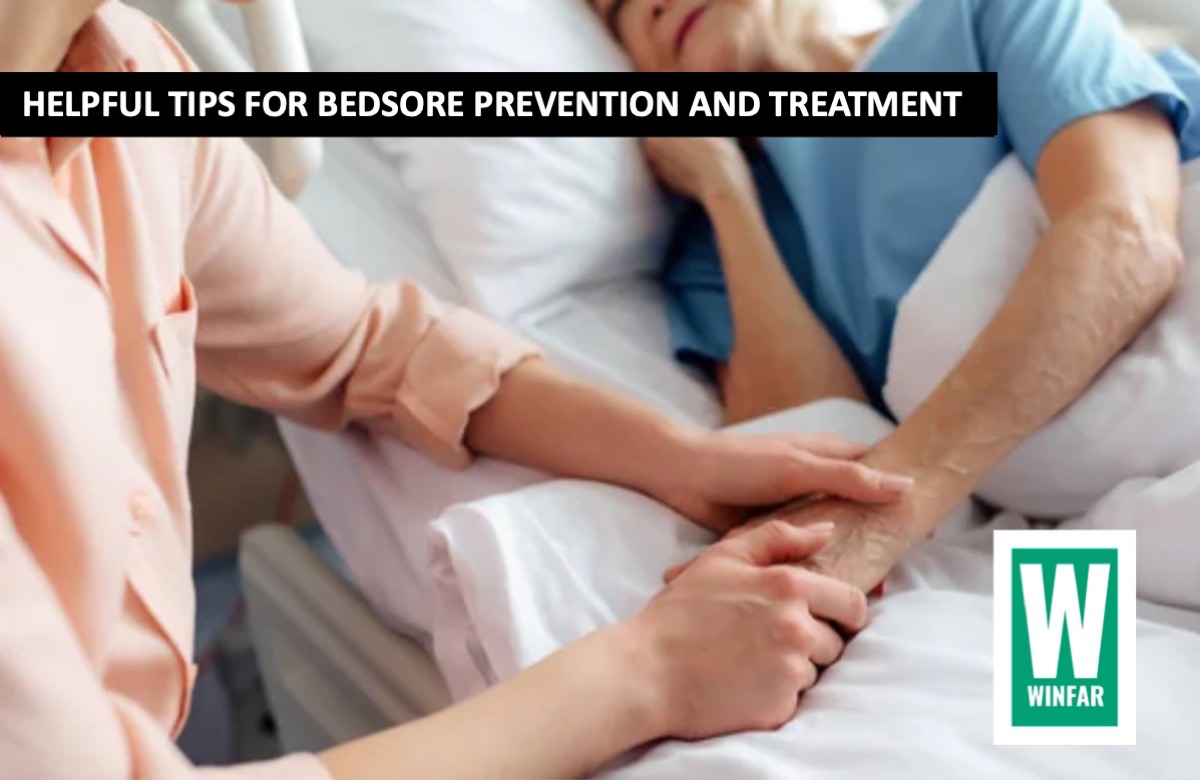Elderly individuals who have limited mobility face a potential risk of developing painful bed sores, also known as pressure sores. Prolonged periods of sitting or lying in the same position can lead to the formation of these sores, which can, if untreated, be life-threatening. Vive Health offers some valuable insights into preventing bed sores and explains two common treatment approaches.
If you are responsible for the care of an older adult or any person struggling with restricted mobility, whether they are confined to a bed, recliner, or wheelchair, understanding the implications of bed sores is crucial. These seemingly benign sores can quickly escalate into severe tissue decay and infections. In fact, mentioning concerns about a bed sore to a medical professional will likely prompt an immediate evaluation by a wound care specialist.
Unfortunately, those most susceptible to developing bed sores are individuals already grappling with other difficulties and illnesses that compromised their mobility in the first place.
Below are three essential tips for preventing bed sores and two primary methods doctors typically employ to treat these issues.
3 Tips for Preventing Bed Sores
1.Frequent Repositioning:
Repositioning your older adult’s body is the most effective strategy for preventing and healing bed sores. Shifting their position every 2 to 3 hours significantly alleviates pressure on bony areas and enhances circulation. Specialty mattresses or toppers with alternating airflow can assist in this task. For standard mattresses and chairs, manual repositioning with the aid of pillows is also effective. Gel or memory foam pillows and mattress toppers can be helpful, but they do not eliminate the need for regular repositioning.
2. Managing Incontinence:
Practicing good incontinence hygiene is a key factor in maintaining healthy skin. During each incontinence brief change, it’s essential to clean, dry, and apply barrier ointments, creams, or gels to protect the skin from moisture and breakdown. Keeping the sacral area (located just above the tailbone) clean and dry helps prevent contaminants from reaching sensitive areas and curbs bacterial growth in open sores.
3. Prioritising Nutrition and Hydration:
Including tissue-building foods such as fatty fish, citrus fruits, broccoli, cauliflower, quinoa, flax seeds, and nuts in their diet can provide the necessary nutrients to strengthen the skin and promote tissue repair. Adequate hydration also supports proper blood circulation, thus preventing tissue damage. An overbed table that can be positioned near your older adult’s bed or chair can make eating more convenient.
2 Most Common Bed Sore Treatments
The treatment of bed sores depends on the stage and size of the sore. The doctor may recommend a specific treatment or involve a wound care specialist to devise a customised plan to prevent further development and reverse skin breakdown. Proper training on wound care is imperative during this process, as bed sores can progress rapidly from one stage to the next.
There are two main methods for treating bed sores:
1. Barrier Ointments, Creams, or Gels:
For stage I and healed bed sores, the application of barrier creams is essential to prevent skin breakdown. These creams act as a protective shield, preventing moisture from sweat, urine, or other contaminants from compromising the skin’s integrity.
2. Wound Dressings:
Stage II bed sores and above, which involve existing skin breakdown, necessitate more advanced wound dressings. These can range from breathable gauze pads to specialised silicone padding with adhesive barriers, foam, and hydrocolloid dressings. Additional materials like silver and calcium alginate may aid in the healing process and are applied in conjunction with the dressings. A qualified home health nurse or medical professional will provide the necessary training on how to treat bed sores and change dressings, as improper handling can be risky.
In conclusion, while bed sores may appear intimidating, they are manageable with timely attention from medical professionals and proactive measures like repositioning, maintaining hydration, and sustaining a healthy diet. By taking these steps, you can ensure that your older adult remains free from bed sores.

